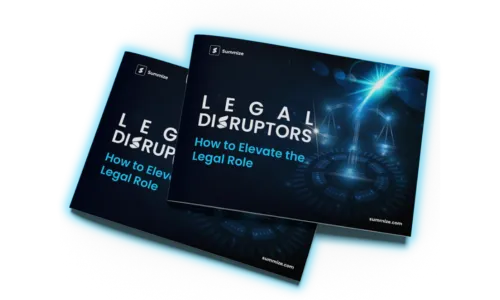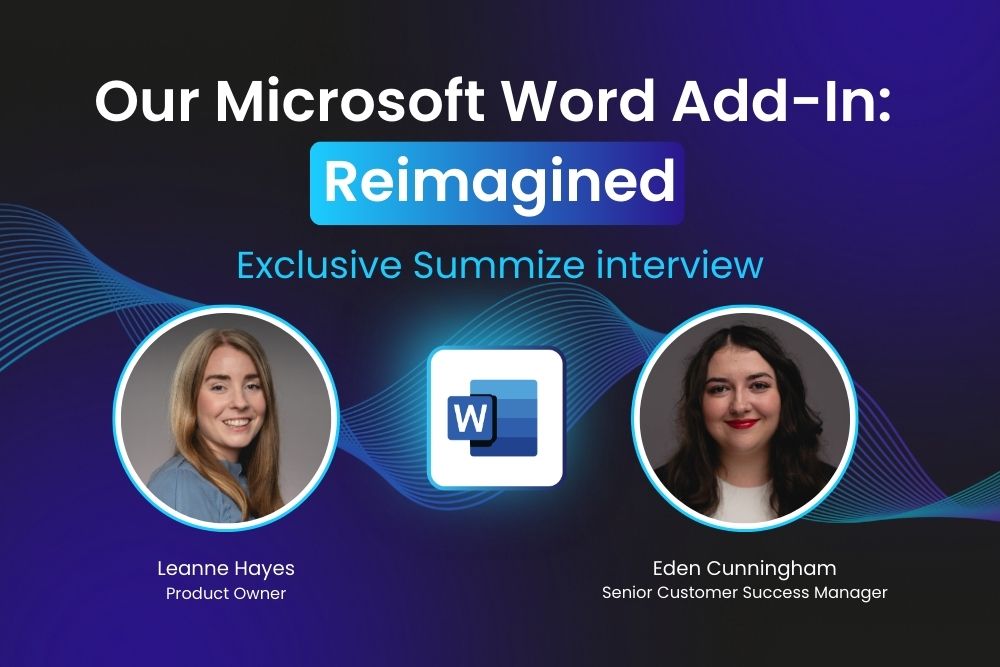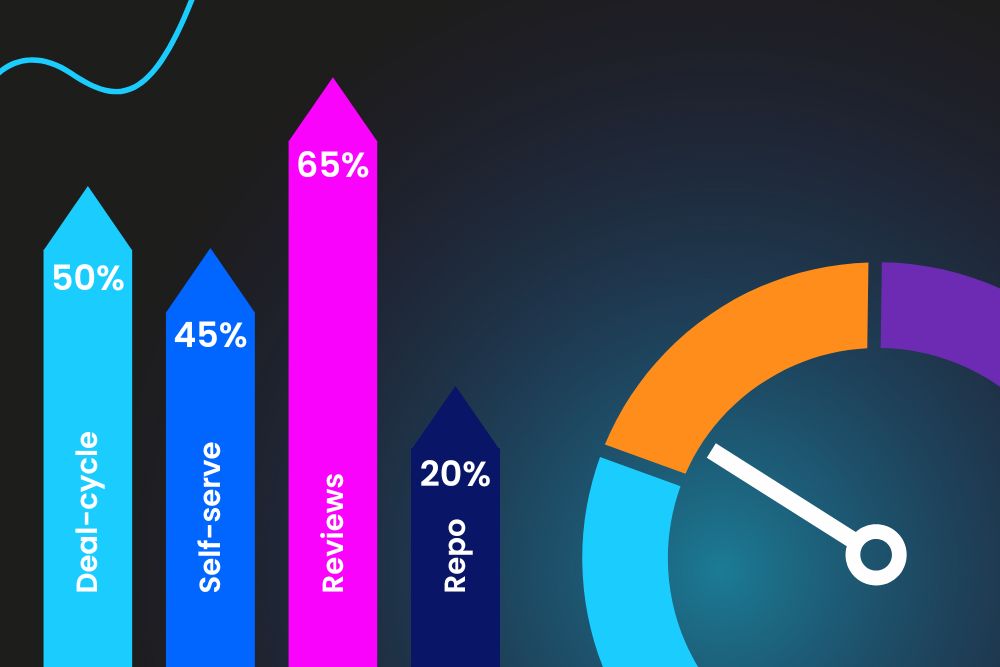Venturi's Voice: Using tech to transform the legal sector
In this podcast, Venturi spoke to Summize's CTO Richard Somerfield about his career and how tech is transforming the legal sector.
October 25, 2021
December 19, 2025
In this episode of Venturi’s Voice podcast, host Ben Malloy is joined by Richard Somerfield, Chief Technology Officer at Summize. Ben, who regularly speaks with technology leaders across the UK tech ecosystem, guides the conversation with curiosity and clarity, while Richard brings deep technical experience and a thoughtful perspective shaped by years in software development, including time spent in Silicon Valley.
Together, they explore how technology is transforming the legal sector, why legal tech has lagged behind other industries, and what the future could look like when lawyers and technology work together more effectively.
Why legal has been slower to adopt technology
One of the central themes of the conversation is why the legal sector has historically been slower to adopt new technology compared to areas like finance. Richard explains that unlike finance, which most people interact with daily, legal services are often only encountered at specific life moments, such as buying a house, signing a contract, or writing a will. This limited interaction creates uncertainty about where to start and how to engage with legal services.
As a result, legal has remained reliant on traditional tools such as Word, email, spreadsheets, and phone calls. While these tools work, they are not purpose-built for legal workflows. Richard highlights that this creates inefficiencies and friction, both for legal professionals and their clients, and represents a significant opportunity for innovation within legal tech.
Making legal teams more efficient with practical tools
Richard shares concrete examples of how Summize approaches this challenge by focusing on practical improvements rather than radical disruption. Instead of forcing lawyers to abandon familiar tools, Summize integrates directly into environments they already use, such as Microsoft Word.
Examples include automating the intake of legal requests so that context and urgency are captured upfront, and providing Word add-ins that allow lawyers to quickly search for and reuse clauses they have written before. These small but frequent efficiencies can save minutes at a time, which adds up to a substantial productivity gain across an organization.
The focus, Richard explains, is not on changing how lawyers work overnight, but on making their existing workflows faster, smoother, and less repetitive.
Augmented intelligence, not replacing lawyers
A key concern Ben raises is risk, an especially important issue in a profession where accuracy and accountability are critical. Richard is clear that Summize’s philosophy is not about replacing lawyers with artificial intelligence, but about augmented intelligence.
In this model, technology handles tasks it is good at, such as pattern recognition, summarization, and repetition, while humans remain firmly in control of judgment, context, and decision-making. For example, automated contract summaries can highlight potential red flags or areas of interest, but the lawyer always reviews and validates the output.
This approach ensures that technology acts as a support system rather than a replacement, allowing lawyers to spend more time on high-value advisory work instead of routine, low-value tasks.
Building products through close collaboration and mindset
The conversation also delves into Richard’s background, including his formative experience working in Silicon Valley. He describes the intense, fast-paced, problem-solving mindset he encountered there, one focused on tackling problems immediately and iterating quickly.
At Summize, this mindset translates into a strong emphasis on culture and collaboration. The development team sees itself as a product team, deeply connected to customers and legal professionals. Engineers regularly join sales demos, onboarding calls, and customer conversations to ensure they understand not just what they are building, but why they are building it.
This close collaboration with domain experts ensures that Summize’s products are grounded in real legal needs rather than abstract technical ideas.
Listen to the full conversation
This episode of Venturi’s Voice offers far more than can be captured in a single article, including Richard’s personal journey into technology, his reflections on remote work, and his thoughts on the future of legal as a service.
If you’re interested in legal tech, product development, or how thoughtful technology can transform traditional industries, this is a conversation well worth your time. Be sure to listen to the full podcast episode at the start of the article, and to explore more insights, take a look at our range of articles below.
Discover even more!
Explore more about contracting and CLM in our ultimate contract guides








